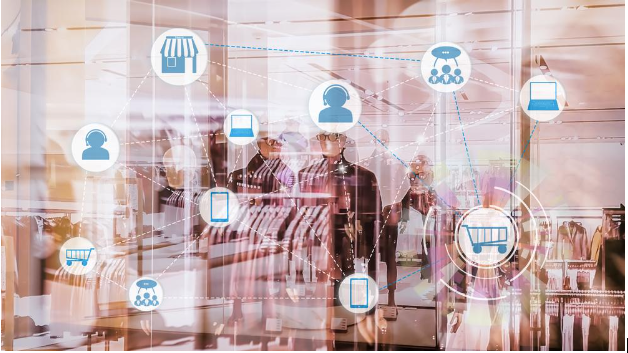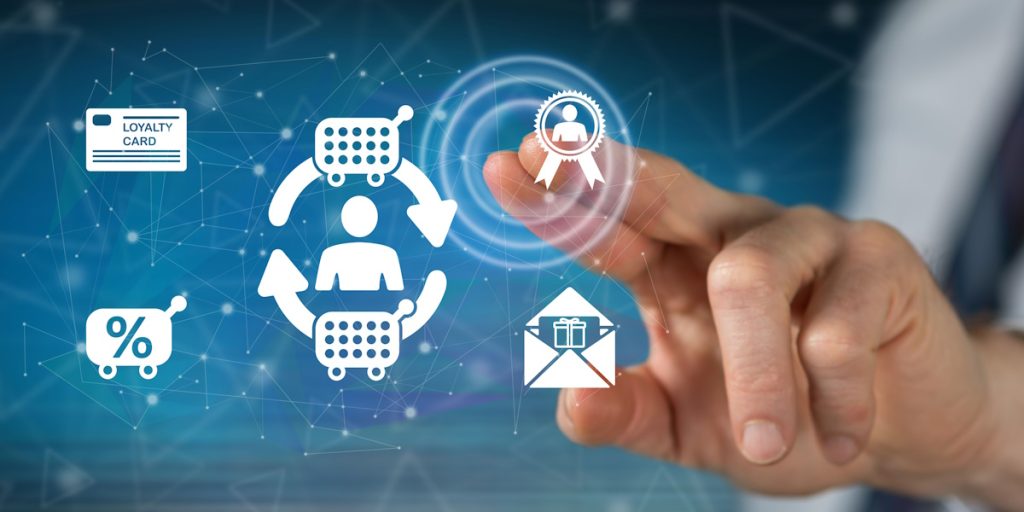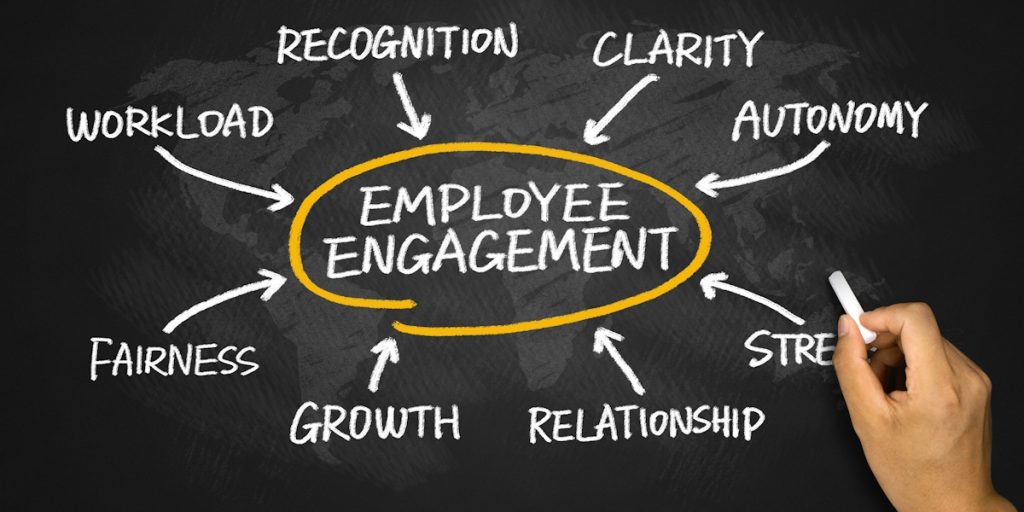Introduction
The landscape of employee motivation is evolving, and the efficacy of non-cash incentives over cash bonuses is becoming increasingly clear. Non-cash rewards such as experiences, merchandise, and recognition offer distinct advantages. These benefits are ones that cash simply cannot provide. They fundamentally change how employees interact with their achievements and rewards.
The Enduring Impact of Non-cash Rewards
Unlike cash bonuses, which employees quickly absorb into regular earnings, non-cash incentives leave a lasting impression. Employees often spend cash bonuses on everyday expenses. In contrast, awards, experiences, and personalized gifts have a more enduring impact. These types of rewards offer “trophy value,” enhancing personal satisfaction and providing a constant reminder of the company’s appreciation. An employee who earns a trip or a high-end electronic device, for instance, receives not only the item but also an enduring symbol of achievement and recognition.
Perceived Value and Emotional Connection
Non-cash incentives tend to hold a higher perceived value among employees. These rewards are seen as extra and distinct from standard compensation packages. They are often associated with personal achievement. Additionally, they reflect company gratitude. This perception builds a stronger emotional connection between the employee and the organization. It fosters loyalty and a deeper commitment to the company’s goals.
Visibility and Social Recognition
Non-cash incentives offer significant promotional advantages. They can celebrate and showcase within and outside the organization, enhancing the recipient’s status and recognition. For example, presenting a high-performance employee with a unique award at a company event not only recognizes the individual but also sets a visible standard of success for others to aspire to. This public recognition reinforces the company’s values and encourages a competitive yet collaborative environment.
Sustaining Motivation Over Time
Non-cash rewards are particularly effective at driving long-term behavior changes. Aligning them strategically with specific organizational goals encourages employees to meet and exceed targets to earn the incentive. This sustained motivation often links to the desirability of the reward and the prestige associated with earning it, which are typically more compelling than the fleeting benefit of a cash bonus.
Customization and Personal Relevance
One of the most significant benefits of non-cash incentives is that they can be tailored to the individual interests and desires of employees. Customizing rewards demonstrates a company’s investment in its employees as individuals, which can significantly boost morale and satisfaction. Whether it’s through a point system that allows for personal choice or direct rewards that reflect an employee’s specific interests, personalized incentives resonate more deeply and encourage stronger performance.
Global Consistency and Equity
For global organizations, non-cash incentives can also ensure fairness and consistency across diverse geographical locations.
These rewards are standardize in value and appeal. Unlike cash, they do not vary significantly in impact. This is due to local economic conditions and currency fluctuations. This approach helps maintain equity in recognition and motivation across a multinational workforce.
Conclusion
Non-cash incentives are more than just rewards; they are a strategic tool that can enhance employee motivation, satisfaction, and loyalty. By offering tangible, memorable, and highly valued rewards, companies can cultivate a motivated workforce. As businesses strive to attract and retain top talent, it is crucial to invest in well-considered non-cash incentives, recognizing that this workforce is driven not only by financial gains but also by meaningful recognition of their efforts. These incentives can be a key differentiator in a competitive market.
Would You Like a Free Consultation for the Employee Motivation Strategy?




